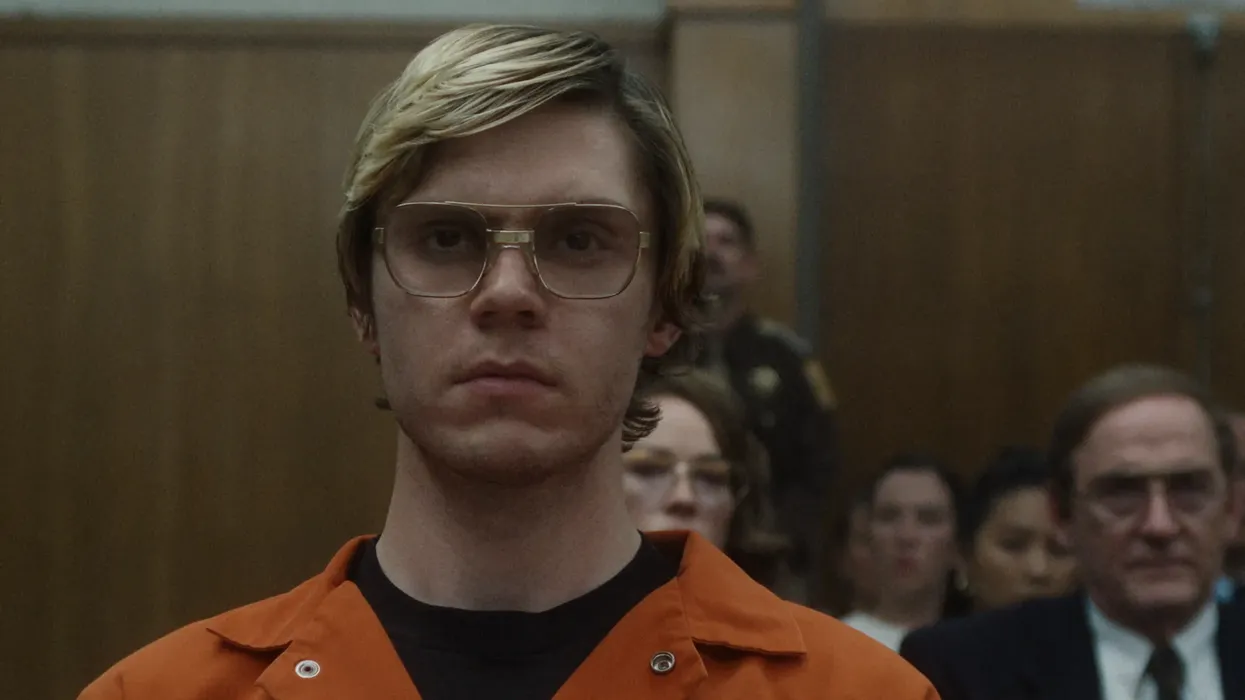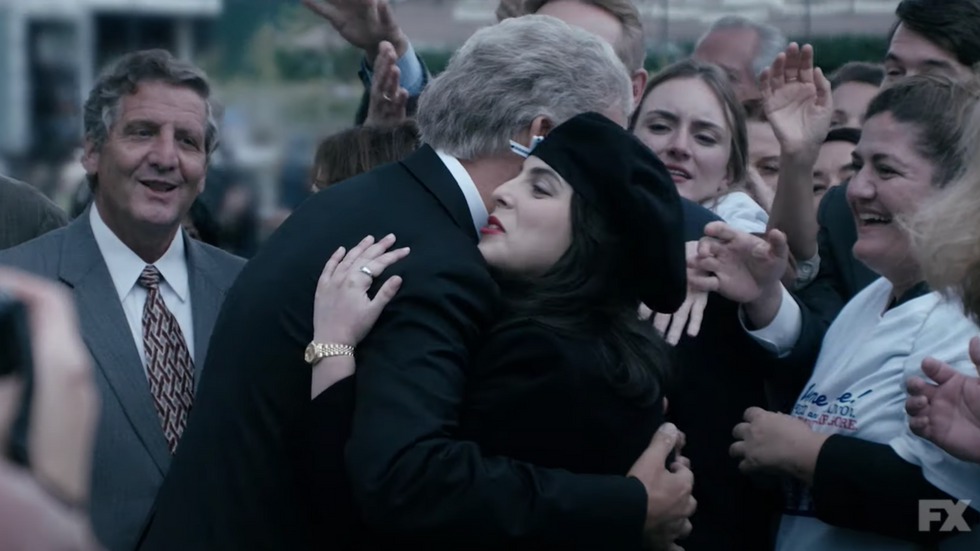Is Hollywood's Reliance on Foreign Money a Problem?
Has Hollywood become so reliant on the global box office that it favors self-censorship over confronting other world powers?

We all know Hollywood has become less and less reliant on America to make money, and the COVID outbreak has only proved that further. Theaters in America are having trouble reopening, and Hollywood has its eyes on Europe, Asia, and streaming to make up for lost time.
With this kind of reliance on foreign money to bolster box office receipts, and even to produce cinema, Hollywood has to tread carefully when it comes to the kinds of stories they tell.
The world is changing in front of our eyes. Hollywood used to take on the role of making movies that enlightened people to those changes, albeit through an American lens.
But not so much anymore.
In a recent op-ed on the Foreign Affairs website, columnist Kal Raustiala writes, "In the 1930s, Charlie Chaplin’s The Great Dictator took on Adolf Hitler. Later, Martin Scorsese’s Kundun shone a light on the fate of Tibet, and The Unbearable Lightness of Being and The Hunt for Red October made the Cold War come alive. Today, the market power of China—and the cyberpower of some rogue states—is making studios and creatives think twice about producing such daring, overtly political films. And as the retreat from the kind of films that once bolstered American soft power accelerates, Hollywood is running out of real-life antagonists."
His article goes on to articulate how these actions are contributing to the censorship of the media we consume, "Across the board, film studios appear to take great care not to offend Chinese sensibilities. One scene in Abominable, coproduced by DreamWorks and the Shanghai-based Pearl Studio last year, featured a map showing the so-called nine-dash line, which represents China’s expansive—and highly contested—claims in the South China Sea. That same year, CBS censored its drama series The Good Fight, cutting a short scene that mentioned several topics that Beijing considers to be taboo, including the religious movement Falun Gong, Tiananmen, and Winnie the Pooh—a frequent and sly stand-in for Chinese President Xi Jinping on Chinese social media."
Obviously, much of this has to do with needing money, but what's really at stake here is the soul of an industry. Sure, for every Casablanca there's a The Beginning or the End, but what I hold dearly when it comes to working in this industry is that we can hold the chips when it comes to morality. We can debate the characters' actions in the writer's rooms and with executives, and we can tell stories that are on both sides of the political spectrum. From necessary tales like When They See Us to factually ambiguous but nevertheless entertaining things like Lone Survivor.
I think one of the reasons Hollywood backed down, outside of money, is that we saw the consequences of taking a stand.
When Sony released The Interview, which was a comedic look as assassinating Kim Jung Un, they were hacked. This hack cost hundreds of people their jobs and dismantled the entire studio from the top down.
Now, when places get investment from outside money, their influence matters. And studios, as well as streamers, have to think about their bottom line as content debuts all over the world.
Would a country like Italy censor a movie that trashes Berlusconi?
Why risk making that show or movie to even find out.
This limit put on storytellers to keep everything nice neuters any hope that stances can be made in popular culture and in huge, franchise movies.
Only time will tell if it gets better, but as storytellers, we have a responsibility to tell the truth.
Hopefully, it comes to the light soon.













